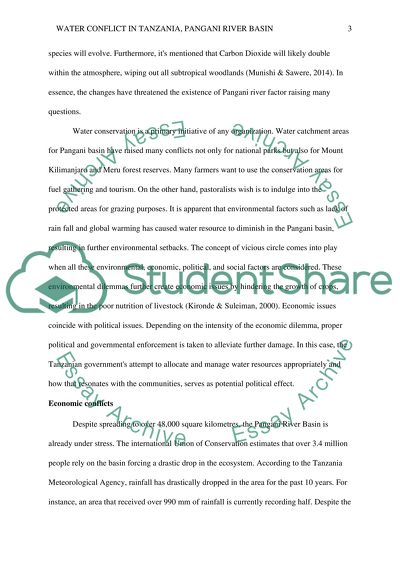Cite this document
(“Water Conflict in Tanzania: Pangani River Basin Research Paper”, n.d.)
Retrieved from https://studentshare.org/social-science/1662520-water-conflict-in-tanzania-pangani-river-basin
Retrieved from https://studentshare.org/social-science/1662520-water-conflict-in-tanzania-pangani-river-basin
(Water Conflict in Tanzania: Pangani River Basin Research Paper)
https://studentshare.org/social-science/1662520-water-conflict-in-tanzania-pangani-river-basin.
https://studentshare.org/social-science/1662520-water-conflict-in-tanzania-pangani-river-basin.
“Water Conflict in Tanzania: Pangani River Basin Research Paper”, n.d. https://studentshare.org/social-science/1662520-water-conflict-in-tanzania-pangani-river-basin.


